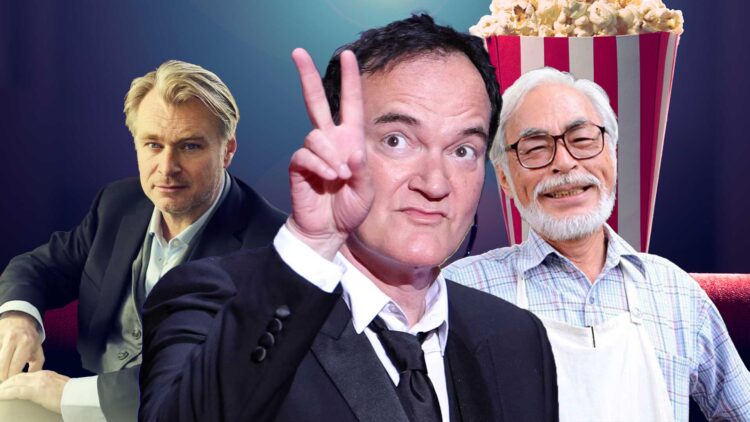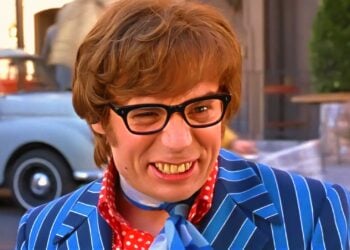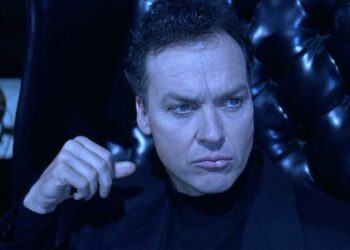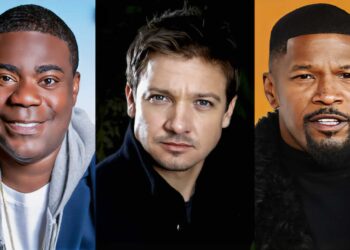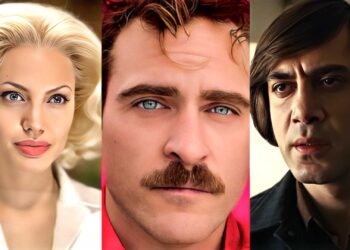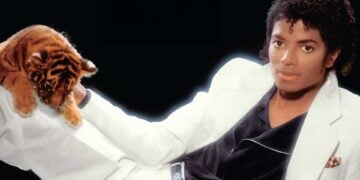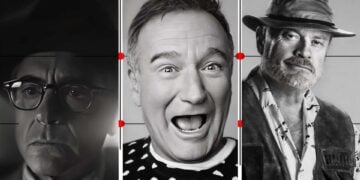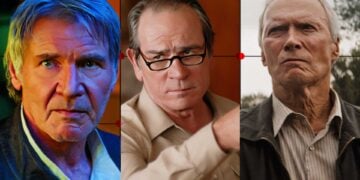In this exploration of cinematic mastery, we unveil the top of the top, the 15 best movie directors of all time; you could say – those whose extraordinary talents have shaped the very essence of what we define as great cinema.
Martin Scorsese
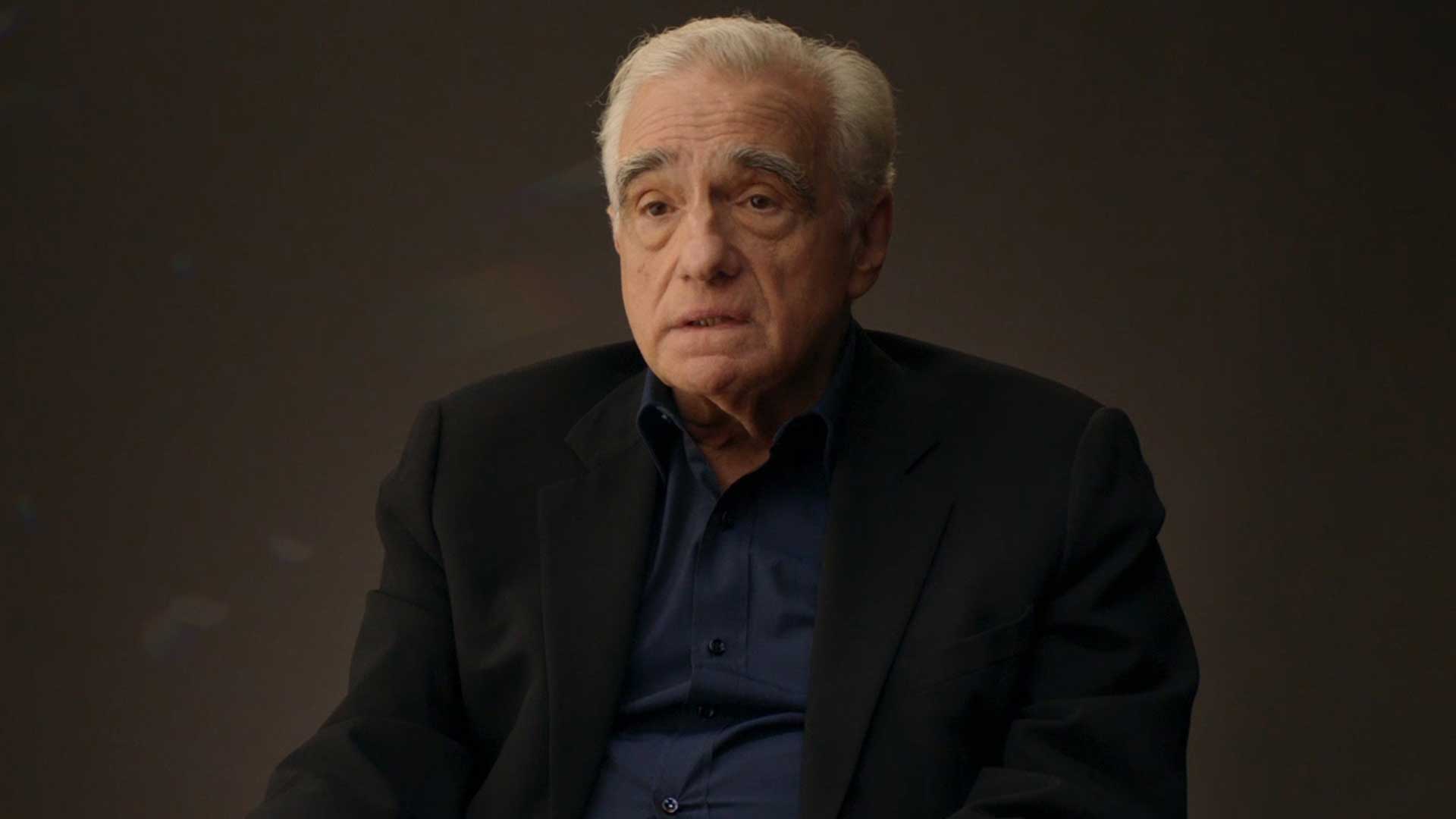
One of the best directors ever, Martin Scorsese, has a career that nearly spans six decades. Some of his most acclaimed movies, like Taxi Driver, have stretched the limits of what can and can’t be shown in films. Scorsese is known for his storytelling prowess, which shines in Goodfellas and Raging Bull, two of his most revered works. Even his most biographical films, like The Aviator and The Wolf of Wall Street, have an ilike quality that few directors can replicate.
Alfred Hitchcock
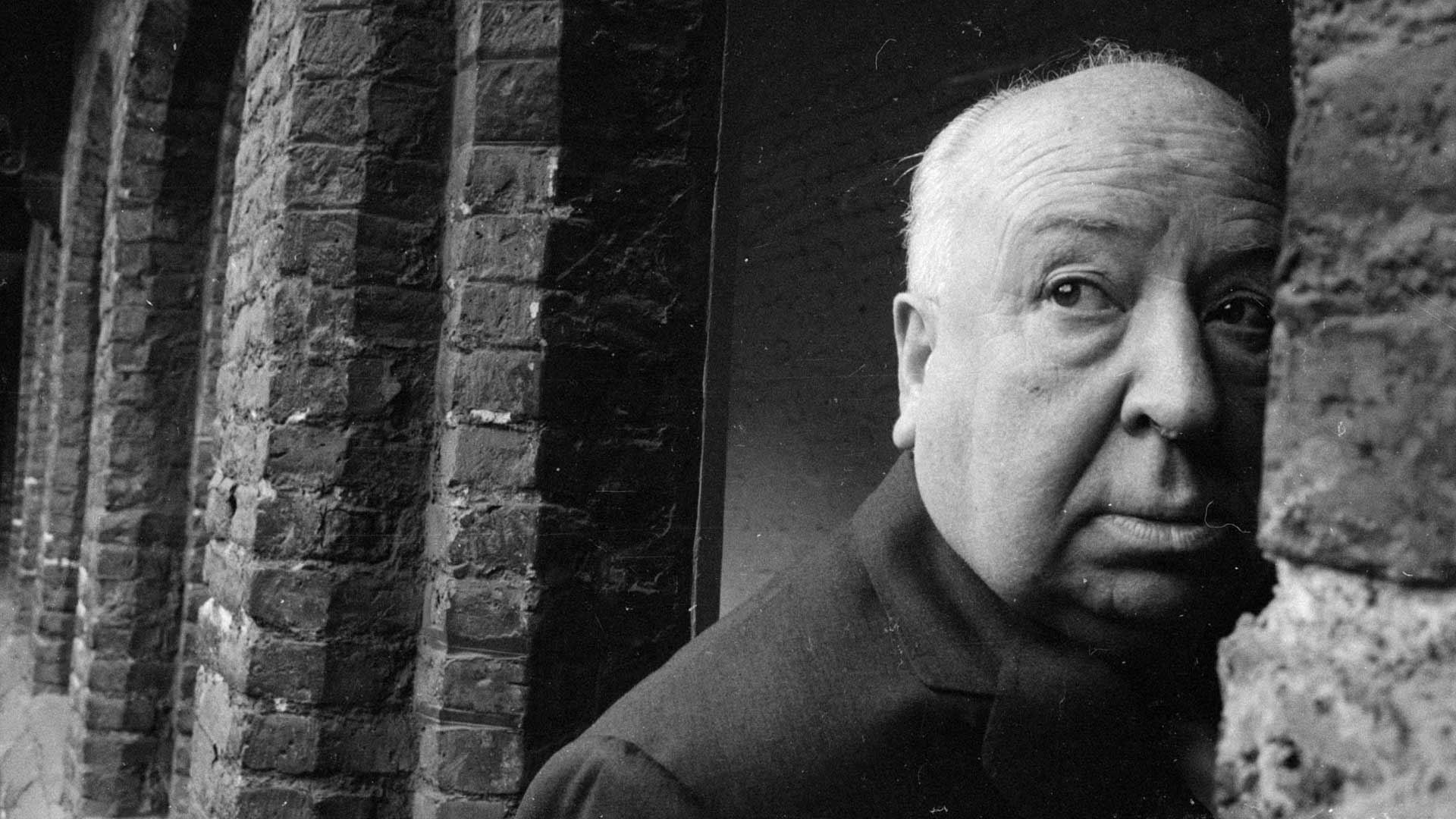
The Master of Suspense is Alfred Hitchcock. He has created some of the most suspenseful works in cinema, and his name is synonymous with the thriller genre. With such classics as Psycho, Rear Window, and Vertigo, he has changed the rules by which horror and suspense films are told. His storytelling and fresh plots have made him a legend in American cinema, and many of his films still seem enthralling today.
Stanley Kubrick
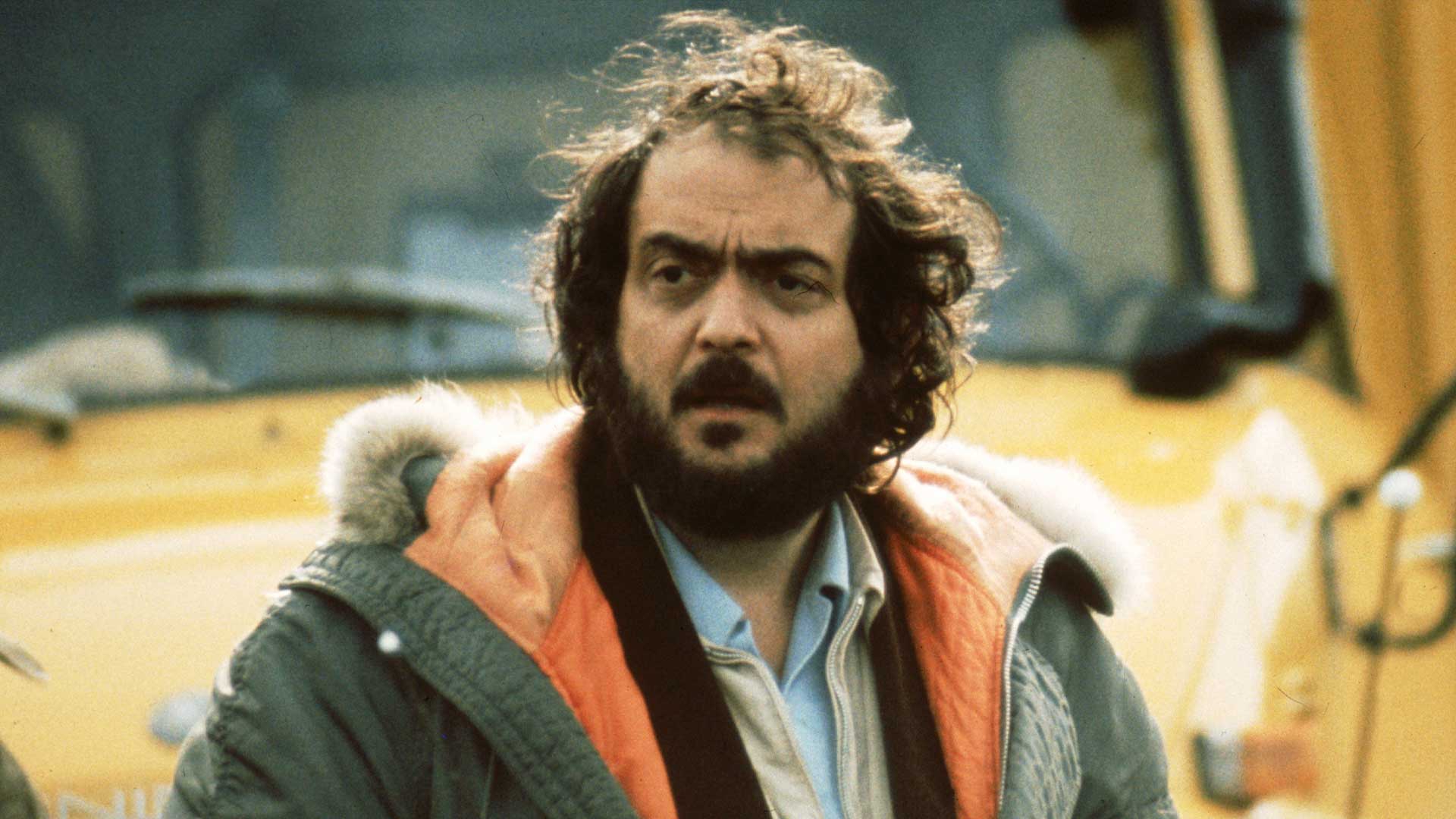
A Clockwork Orange; The Shining; 2001: A Space Odyssey; Barry Lyndon – and the list goes on. Each frame of a film ever directed by Stanley Kubrick could be hung in a museum, so perfect is the master’s grasp on the art of making movies. In fact, many will argue that Kubrick is the best movie director of all time. This is undoubtedly due in large part to the seemingly insane level of detail at which he worked.
Steven Spielberg
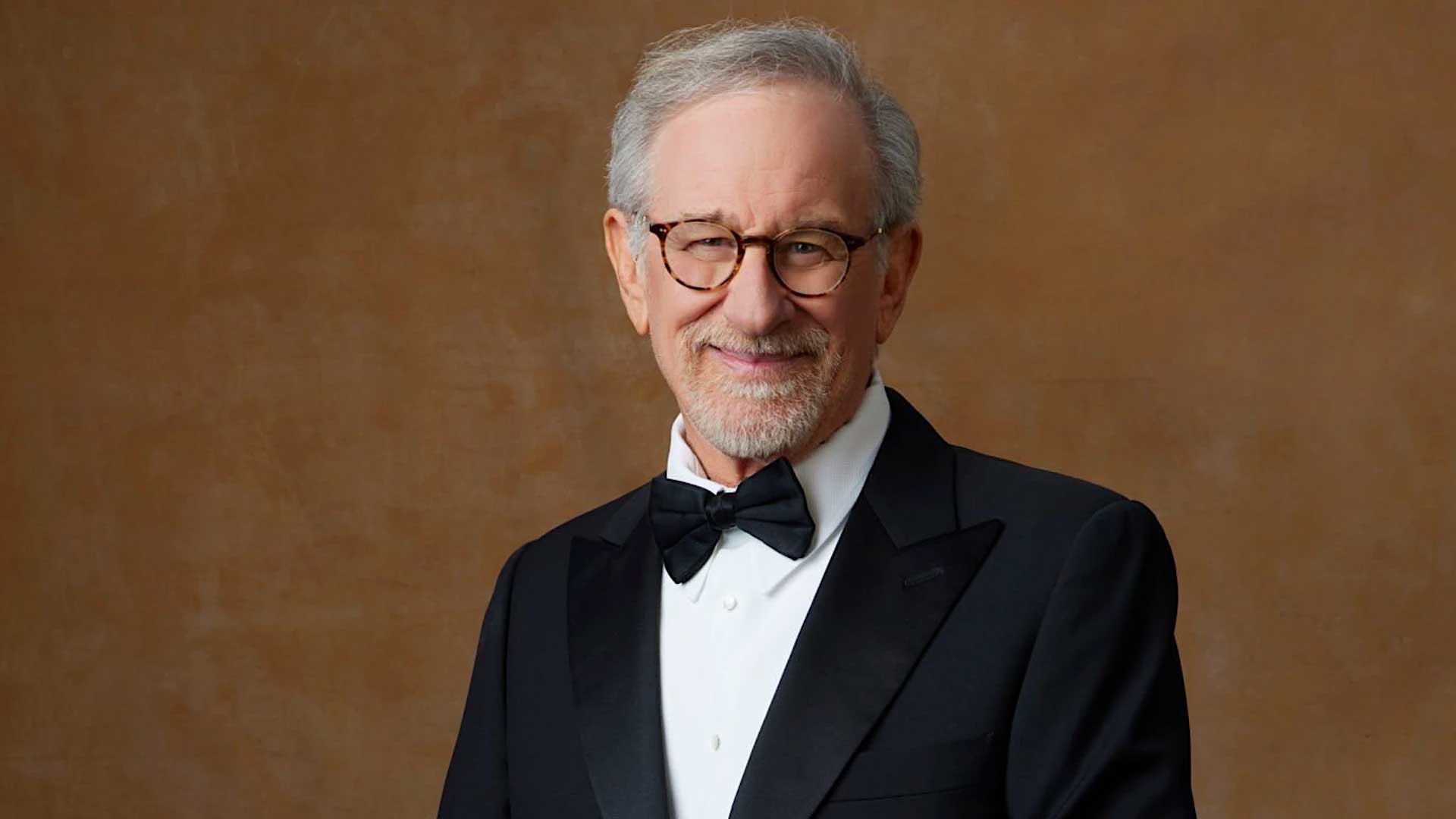
From Jaws to Schindler’s List and everything in between, the films of Spielberg have made us ponder the possible profundity of cinema. He’s done it with blockbusters like Jurassic Park, E.T. The Extra-Terrestrial, and, most recently, Saving Private Ryan. These aren’t just simple diversions; they from a larger part of our shared culture.
Francis Ford Coppola
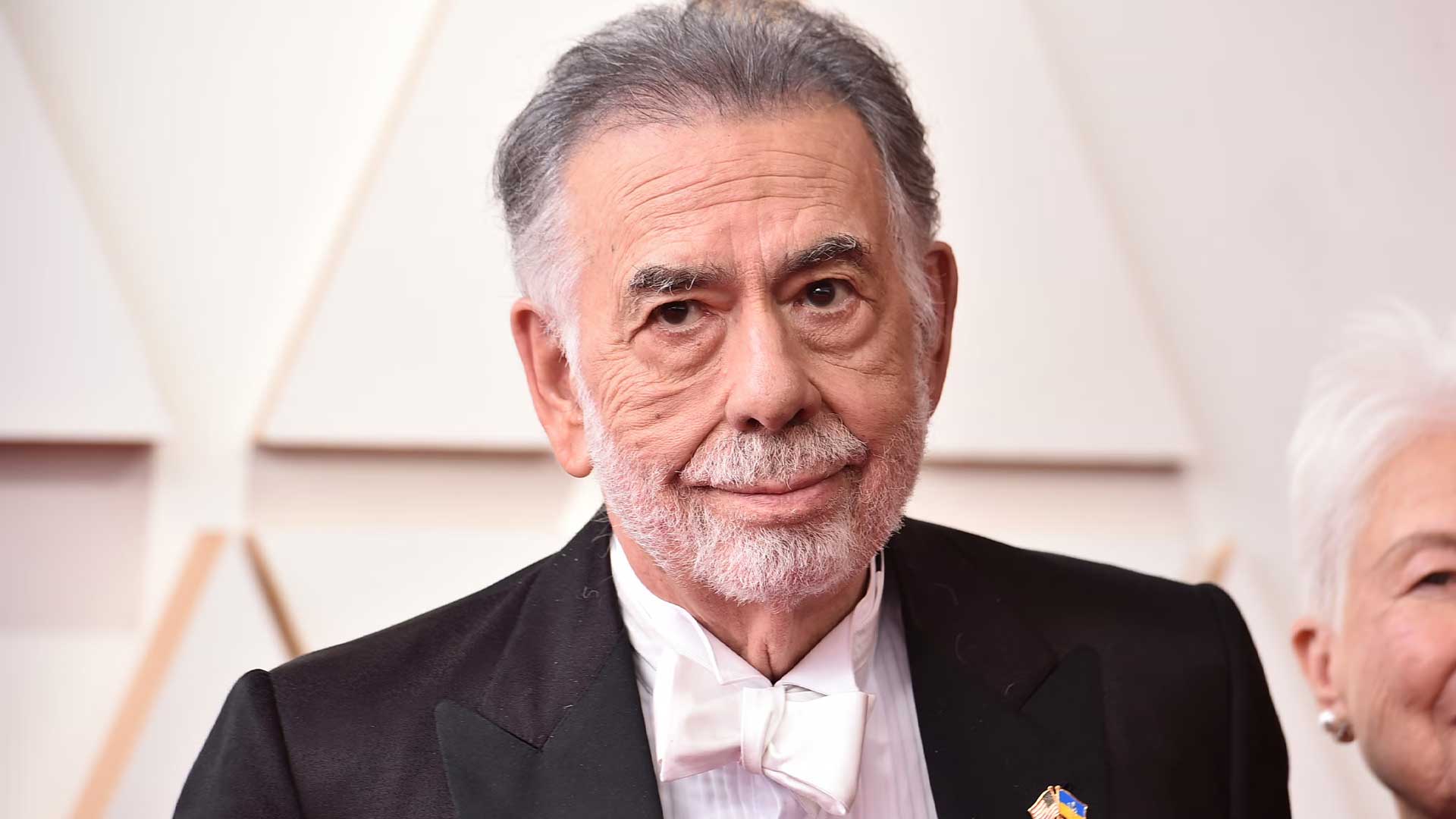
Perhaps no one has ever had among the most is influence on powerful filmmaking half styles and half dazzling storytelling as Francis Ford Coppola. His solid grasp on enthralling narrative makes the Godfather trilogy a lovely cinematic example of the genius working at the impossible intersection of elemental filmmaker virtues. Some fans, too, might remember him for his starring role in the equally impossibly great Apocalypse Now.
David Lynch
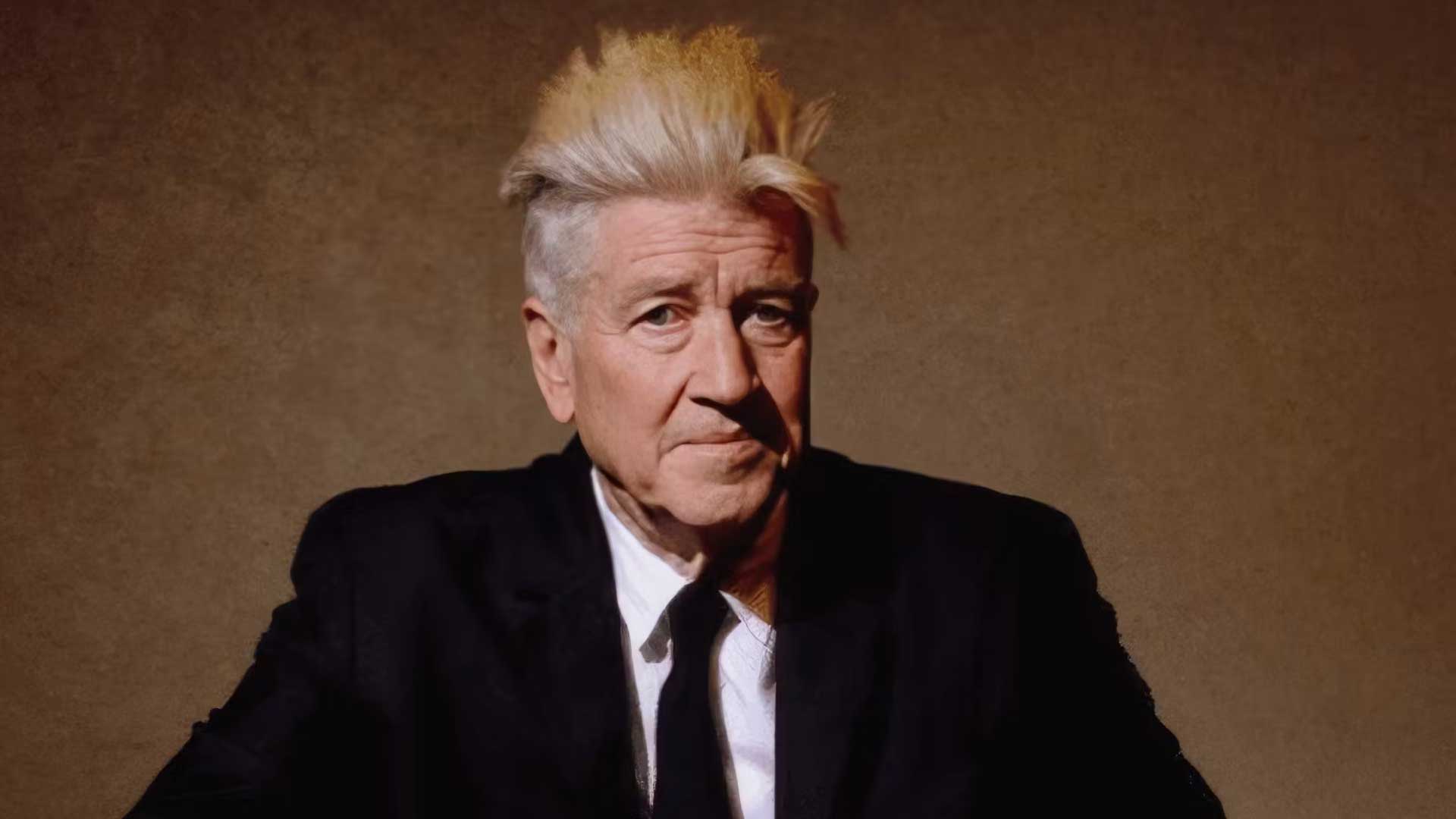
Regardless of what type of movie he makes, David Lynch never fails to creep us out. Whether it is the deceptively placid vistas of Twin Peaks or the menacingly dark locales of Eraserhead, Lynch is fundamentally a master of suspense. He astounds and baffles fans of that genre. The absence of a clear narrative pathway in a Lynch movie makes the viewer feel lost and disoriented. That Lynch leaves so many loose ends is part and parcel of his artistic strategy.
Quentin Tarantino
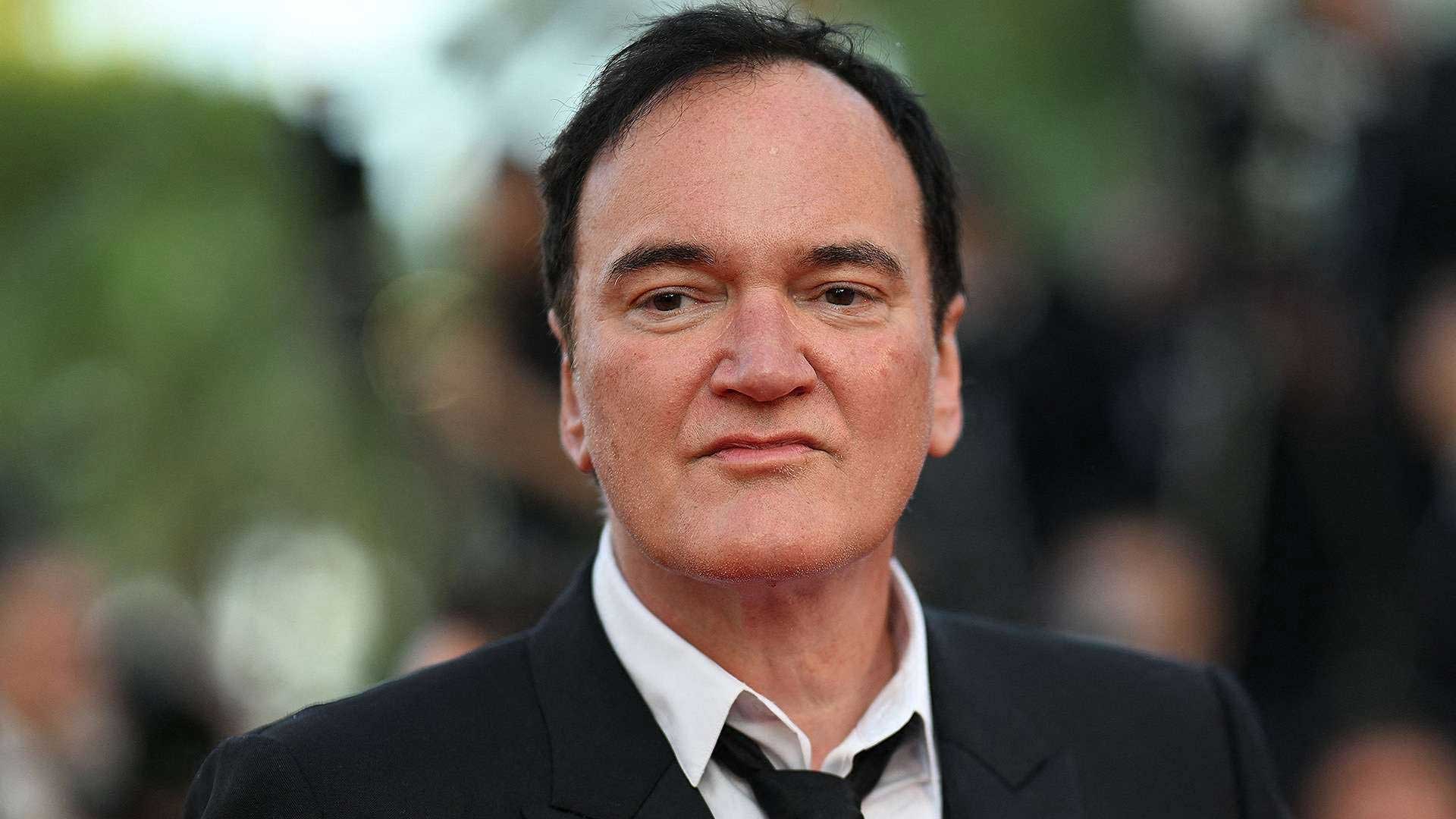
While some directors might seem to be in love with the very idea of cinema, they can’t hold a candle to Quentin Tarantino when it comes to sheer ardor for the art form. With a combination of impossibly cool characters, pop culture references, and fake blood, Tarantino has managed to become, with relative ease, the very favorite of film students everywhere.
Christopher Nolan
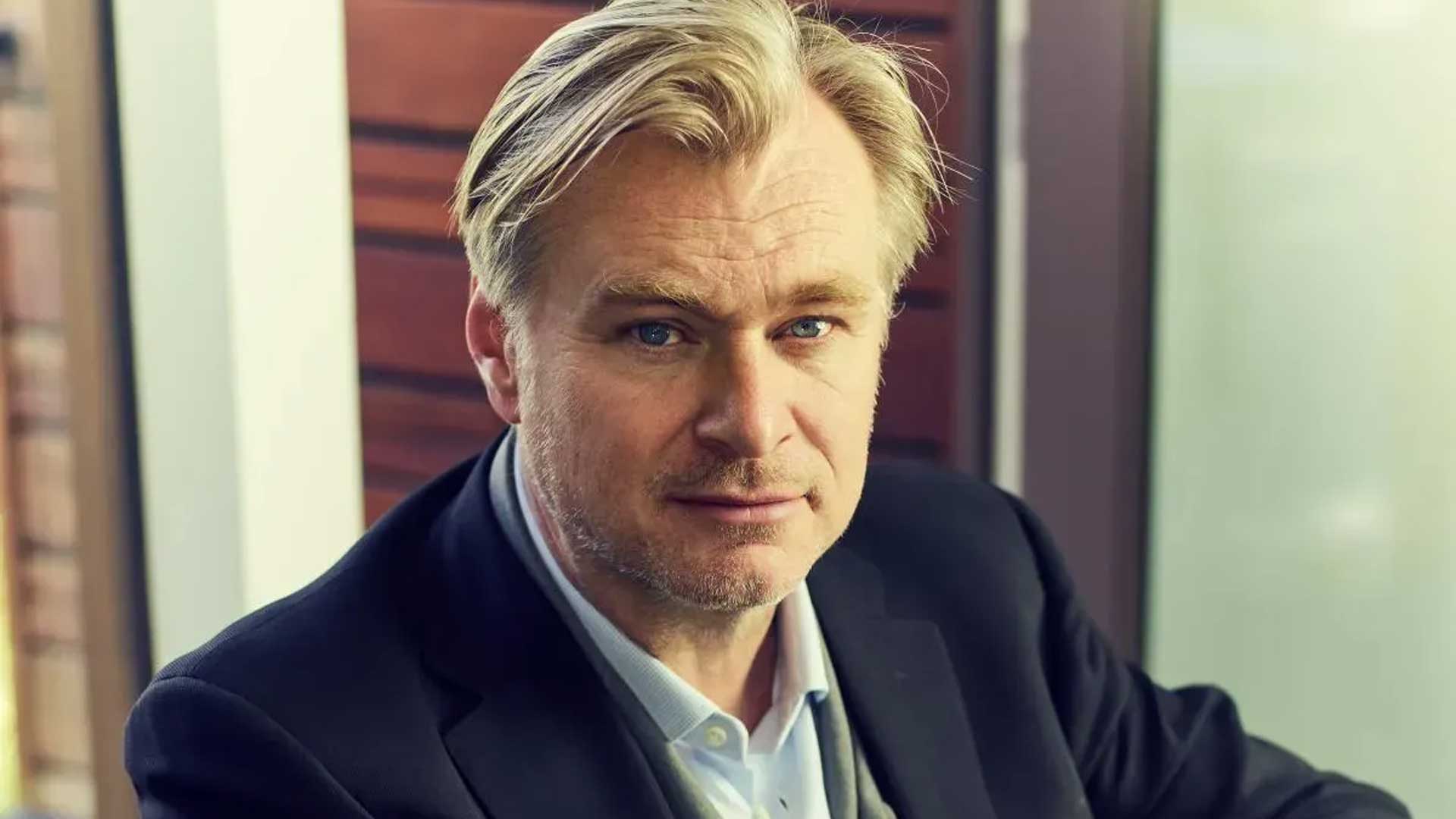
Through his mind-bending narratives, Nolan has won for himself a well-deserved place in modern Hollywood’s pantheon of achieved filmmakers. Movies like The Dark Knight and Inception have become cultural landmarks, and it’s easy to see why. Ever since Memento, storytelling has been one of Nolan’s best attributes. Now Oppenheimer has proved to be a worthy successor of Dunkirk in the ongoing “Christopher Nolan explores history” series.
David Fincher
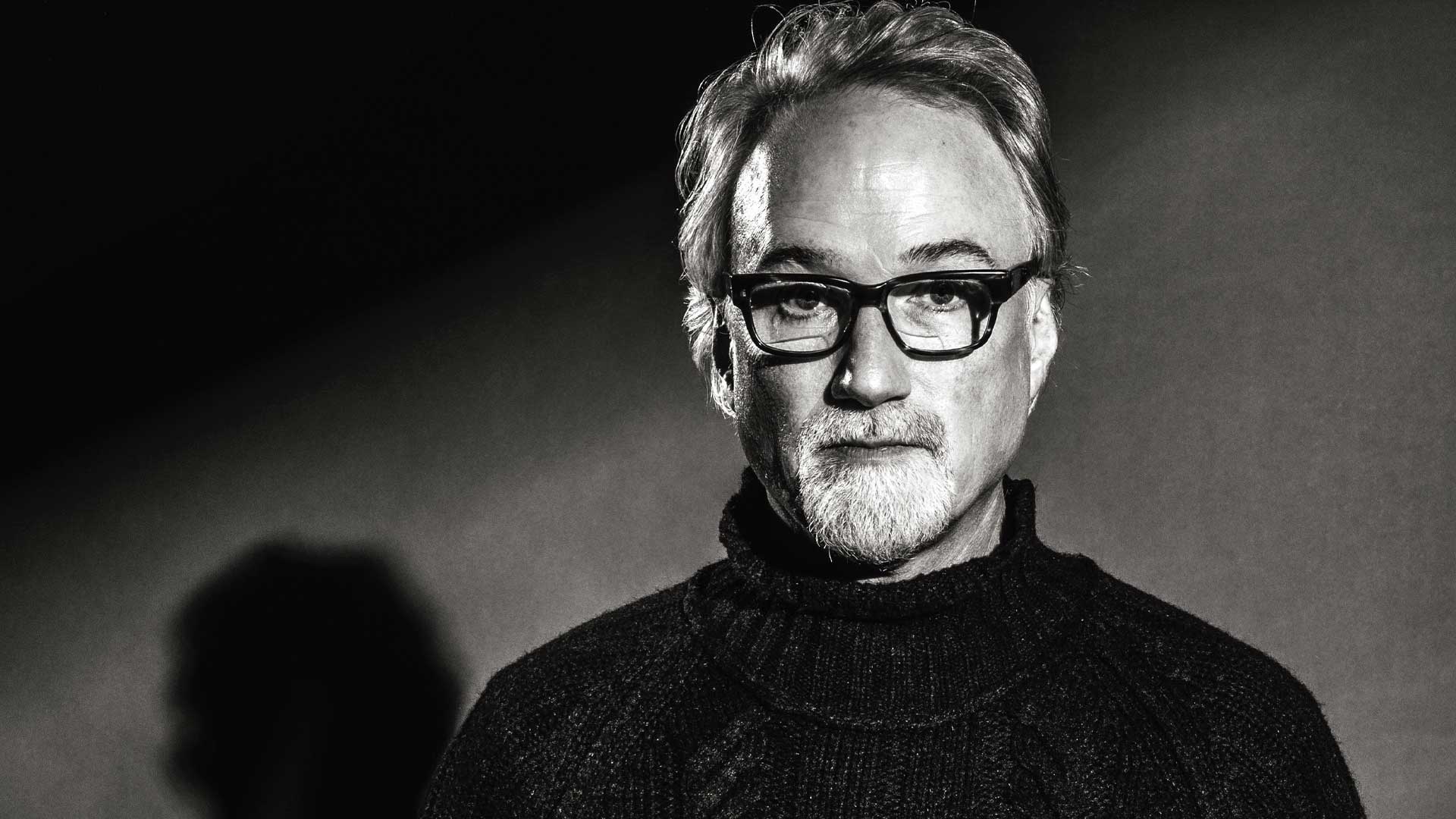
Often considered one of the most powerful contemporary film directors, David Fincher has made some of the darkest movies in recent memory. His films usually deal with the shadier parts of the human psyche, showing us aspects of humanity that most of us would be happy to pretend don’t exist. The rawness of movies like Fight Club and Se7en proved that David Fincher wasn’t afraid of taking risks when it came to making cinema, while his more recent outings, like Gone Girl, show that he is still one of the best, if not the best, directors in Hollywood.
Hayao Miyazaki
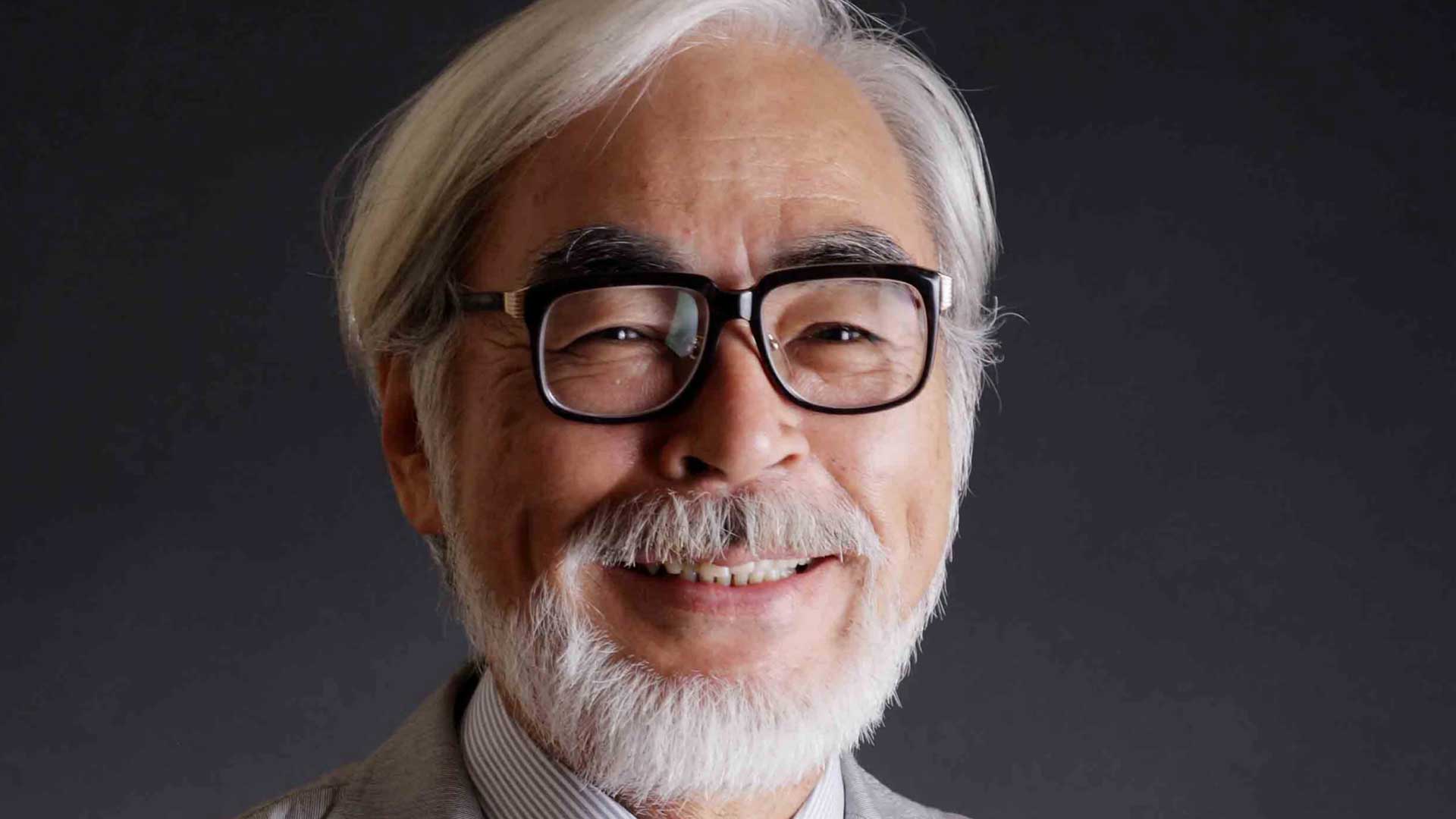
The illustrious career of Hayao Miyazaki has shown that animation is just another name for proper cinema. He has taken us on memorable adventures and has immersed his audience in a tapestry of fantastical locales and timeless stories. From Spirited Away to Howl’s Moving Castle and, who could forget, My Neighbor Totoro, the classics of Hayao Miyazaki are a true testament to the almost universal language that only filmmakers and movies themselves can communicate.
Wes Anderson
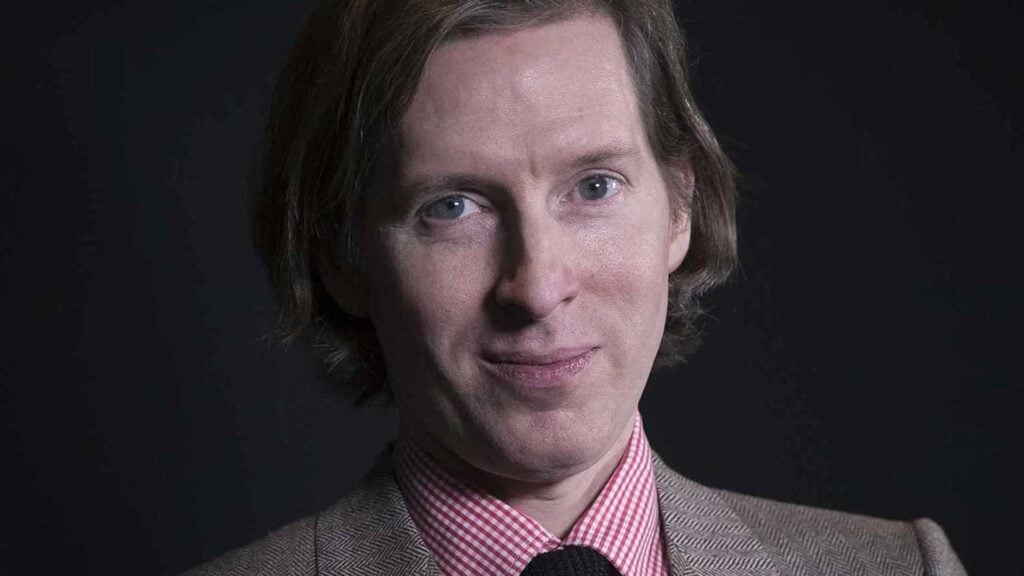
Wes Anderson has a style you either notice immediately or can’t stop staring at once you do. Every frame in his films—The Grand Budapest Hotel, Fantastic Mr. Fox—feels like a tiny, perfectly arranged diorama, packed with nostalgia and hidden melancholy. He balances whimsy with heartbreak, turning cutesy stories into something unexpectedly sharp. Fans get lost in his dollhouse worlds, where even the smallest props seem intentional, and every color choice tells a story. Whether you love or shrug at his work, Anderson’s precision and visual inventiveness make him one of the most creative American directors of the last twenty years.
Tim Burton
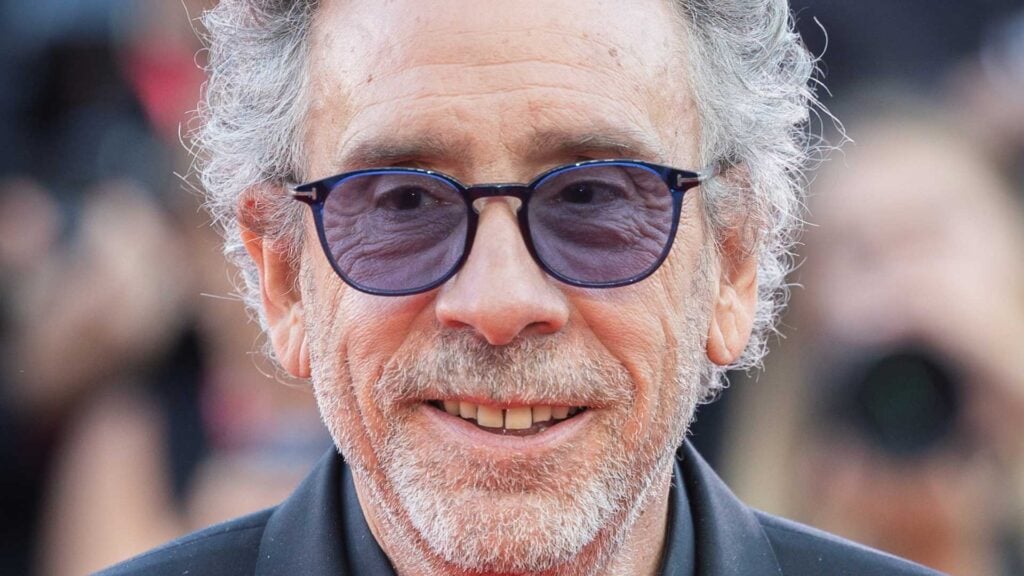
Tim Burton has been shaping strange and memorable worlds since 1985. From Pee Wee’s Big Adventure to 1989’s Batman, his quirky designs and darkly playful style are instantly recognizable. Even when films like Mars Attacks or Dark Shadows stumble, Burton finds a way back, keeping his visual voice sharp and unmistakable. Streaming has introduced him to a younger audience through Wednesday, proving his reach isn’t fading. His movies balance oddball humor with gothic flair, and every set, costume, and shadow feels intentional. Whether you’re revisiting his classics or discovering him for the first time, Burton’s vision stays impossible to ignore.
James Cameron
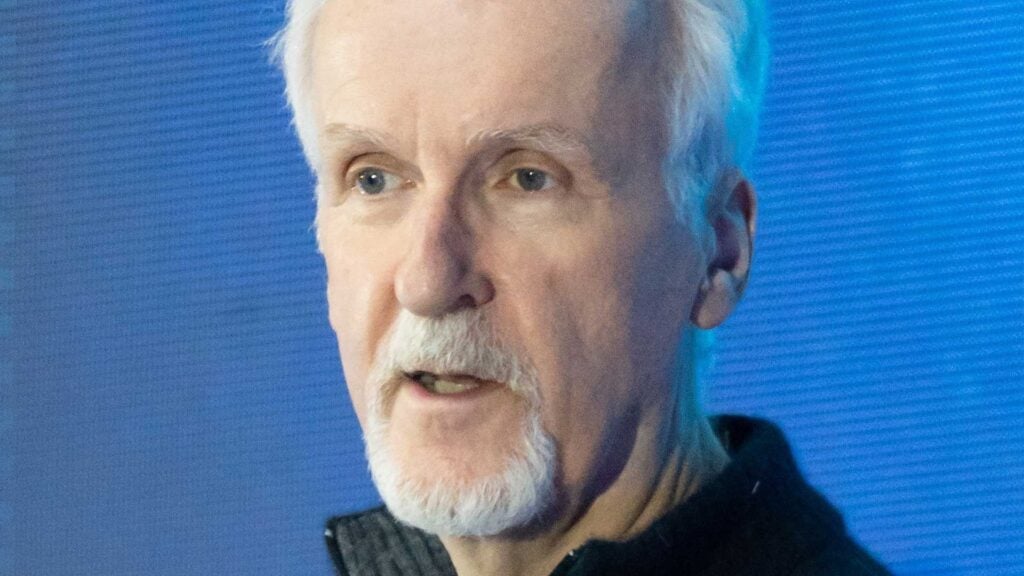
James Cameron has built a career on stories that stick with you. From Terminator to Titanic, he pairs high-concept ideas with grounded human emotion, turning cyborg horror and shipwrecked romance into unforgettable cinema. Aliens proves he can make action pulse with tension while keeping characters believable. His curiosity about deep-sea exploration fuels worlds like Pandora in Avatar, giving you landscapes that feel lived-in. Titanic and Avatar earned Academy Award nominations, cementing his place in film history. Cameron shows that you can push technology, scale, and spectacle while keeping the heart of your story clear and compelling.
Ridley Scott
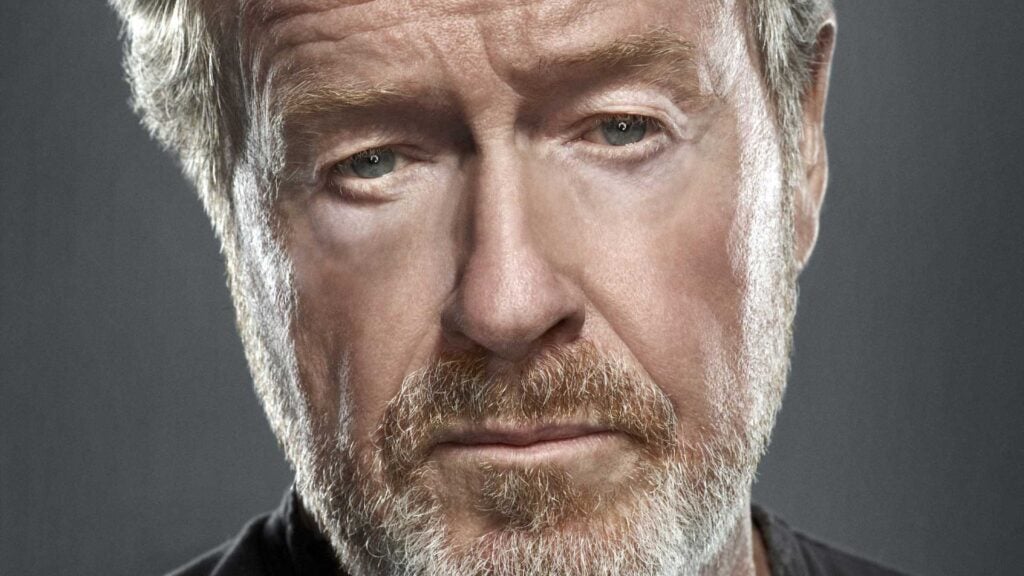
Ridley Scott has a way of making worlds feel lived-in from the first frame. Alien and Blade Runner aren’t just sci-fi—they’re studies in tension, design, and atmosphere, while Gladiator proves he can handle brutal action without losing character depth. Scott doesn’t just build settings; he crafts environments where every shadow, every light source, and every camera angle adds to the story. Even with recent films like Napoleon stirring debate, he continues to experiment, stretch, and refine his style. Few directors maintain relevance across decades, but Scott’s ability to merge spectacle with emotional weight keeps his work essential for any filmmaker or fan paying attention.
David Fincher
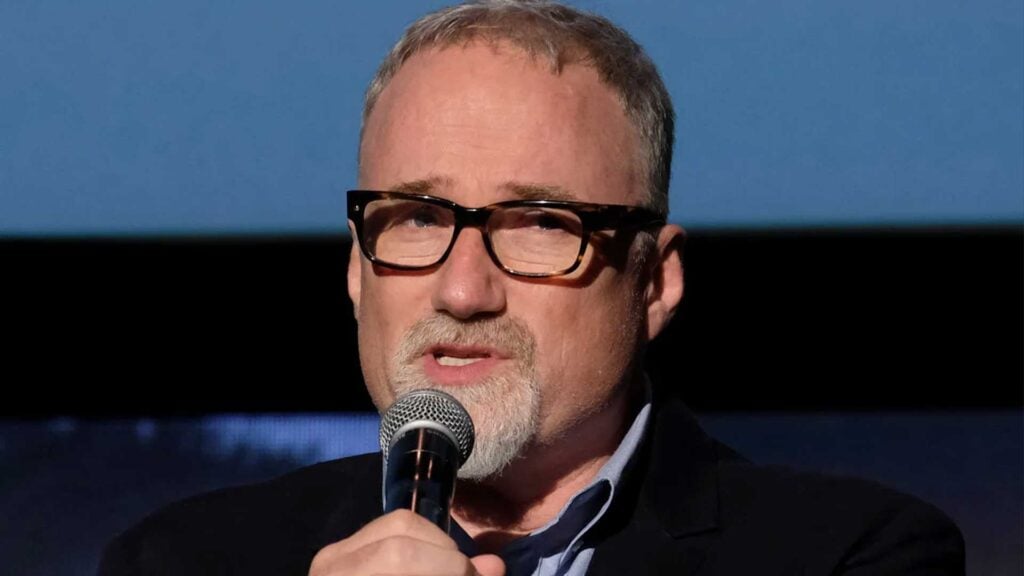
David Fincher has built a career around the darker corners of the human mind. Fight Club and Se7en didn’t shy away from obsession, violence, and moral ambiguity, showing you sides of humanity you might rather ignore. Fincher’s control over tension and detail turns each frame into a study of mood, from the sterile precision of an office in The Social Network to the claustrophobic dread of a bathroom in Se7en. Even with films like Gone Girl, he proves that risk-taking hasn’t left him. Fincher’s movies challenge you to pay attention, notice the small details, and confront the parts of yourself that rarely get screen time.
Now, see our list of the best actors of all time or see the full list of the best directors of all time on Fortress of Solitude.

